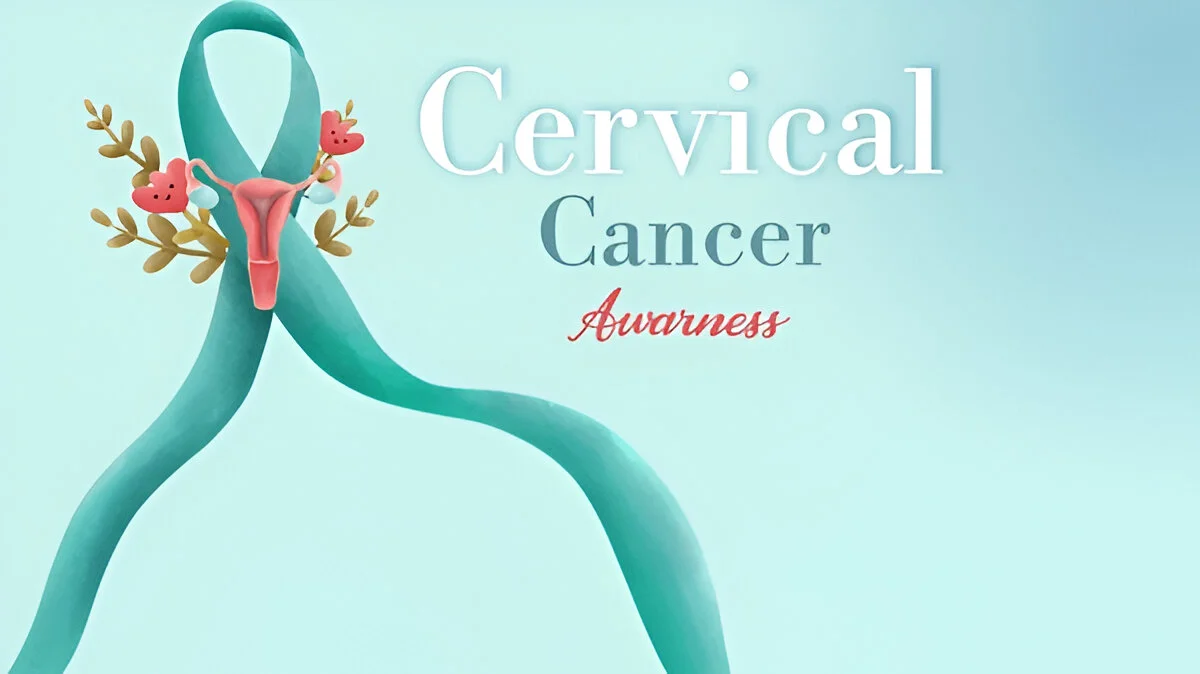-
Ganesh Talkies, Kolkata
Ganesh Talkies, Kolkata

Why is early detection important in cervical cancer? Learn how timely screening and consultation with a reputed gynecologist can save lives.
Cervical cancer develops in the cells of the cervix—the lower part of the uterus that connects to the vagina. It is often caused by persistent infection with human papillomavirus (HPV), a common virus spread through intimate contact.
What makes cervical cancer particularly dangerous is its silent progression. In its earliest stages, it rarely shows symptoms. Many women remain unaware until the condition has advanced, making treatment more complex.
This is why early detection plays a life-saving role. With regular screenings, such as Pap smears and HPV tests, precancerous changes can be identified and treated before they develop into cancer.

Detecting cervical cancer at an early stage offers several crucial benefits:
Not all women face the same risk. Some common risk factors include:
Understanding these risk factors empowers women to be proactive about their health and encourages timely screenings.

Though early cervical tumor often shows no symptoms, advanced stages may present warning signs such as:
If any of these symptoms occur, consulting a specialist is crucial.
A Pap smear involves collecting cells from the cervix to detect precancerous or cancerous changes. It is simple, quick, and highly effective.
An HPV test checks for the presence of high-risk virus strains known to cause cervical tumor. When combined with a Pap smear, it offers comprehensive preventive care.
If abnormalities are detected, doctors may recommend a colposcopy (a closer examination of the cervix) or a biopsy (removal of tissue for testing).
These screenings are the first line of defense against cervical tumor and highlight why early detection cannot be overlooked.
Regular consultations with a qualified gynecologist ensure proper screening, diagnosis, and preventive guidance. Women often seek the best lady gynecologist in Kolkata for sensitive issues like cervical health, where comfort, empathy, and expertise are equally important.
A skilled gynecologist not only performs screenings but also educates patients about lifestyle modifications, vaccination (HPV vaccine), and follow-up care, ensuring holistic well-being.
Early detection is powerful, but prevention is equally important. Women can reduce their risk of cervical cancer by:
Small, consistent steps can make a big difference in long-term health outcomes.

Q1. At what age should women start cervical cancer screening?
Women should generally begin Pap smear screening at age 21 and continue at regular intervals, as recommended by their doctor.
Q2. Is HPV vaccination only for younger women?
No. While it is most effective before exposure to HPV (ages 9–26), women up to age 45 may still benefit.
Q3. Can cervical cancer be cured if detected early?
Yes. When identified at an early stage, cervical cancer has a very high cure rate with appropriate treatment.
Q4. How often should Pap smears be done?
Every three years is standard for most women, but frequency may vary depending on medical history and risk factors.
Q5. What lifestyle choices reduce cervical cancer risk?
HPV vaccination, safe sexual practices, avoiding smoking, and maintaining overall health play vital roles.
Cervical cancer doesn’t have to be a silent killer. The key lies in early detection, regular screenings, and timely consultations with trusted specialists. While medical science offers powerful tools to prevent and treat cervical cancer, women must take proactive steps in prioritizing their health.
Guided by expert care, compassionate counseling, and preventive measures, women can not only safeguard themselves from cervical cancer but also live fuller, healthier lives.
For women seeking guidance, Dr. Megha Khanna, a highly regarded gynecologist, emphasizes the importance of routine screenings and preventive awareness. Her approach combines expertise with empathy, ensuring that patients feel supported at every step of their health journey.